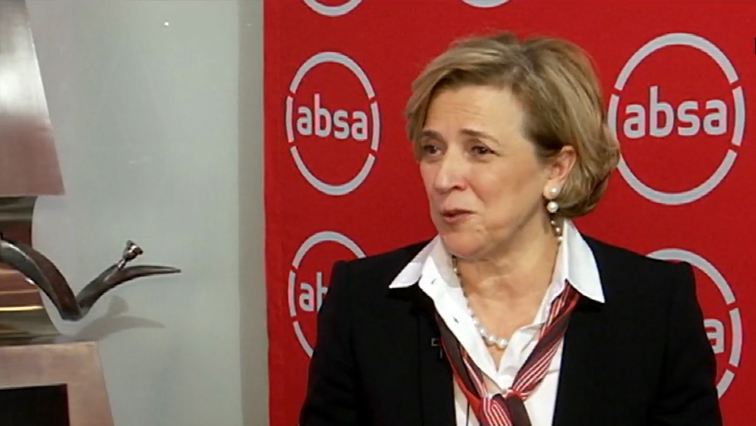South African lender Absa will not buy a Nigerian bank, its Chief Executive Officer told Reuters on the sidelines of the World Economic Forum (WEF) in Davos, clearing up a lingering question over how it will execute its aggressive growth strategy.
Chief Executive Maria Ramos said that while Nigeria is a big and exciting banking market – where the World Bank estimates 60 million people did not have a bank account in 2017 – it would build its presence there slowly and organically and did not plan to become a top lender.
“For us to be in the top three or four would mean us going out and acquiring a Nigerian business,” she said on Thursday. “The Nigerian banks are big and expensive and we wouldn’t be looking to do that.”
South Africa’s third-biggest lender had not previously been so explicit on its intentions in Nigeria, which is set to become a lively battleground in the fight for Africa’s banking market.
It has highlighted the country as key to its plan to double its share of banking revenues on the continent to 12 percent – one of a series of ambitious targets Absa has set as it tries to carve out a name for itself after separating from Britain’s Barclays in 2017.
On Thursday, however, Ramos was cooler on the potential in Nigeria, described by McKinsey last year as a “sleeping giant” where banking penetration is far lower than expected relative to income levels.
The market was “big and exciting” and remains important, she said, but Absa was concentrating on the “huge amount of opportunity” in its other markets outside South Africa.
While offering huge potential in financial services, which both lenders and African telecoms giants like MTN are looking for ways to tap, entering Nigeria has proven complicated for some foreign firms.
MTN, also headquartered in South Africa, was recently faced with having to hand over as much as $10 billion to Nigerian regulators, a threat that hung over the firm for months before it finally settled the largest case for a vastly reduced amount.
Ramos also said Absa’s strategy elsewhere in Africa would be centered on organic growth rather than acquisitions.
“To go and acquire something has to make a huge amount of sense, it has to be value-accretive,” she said.














